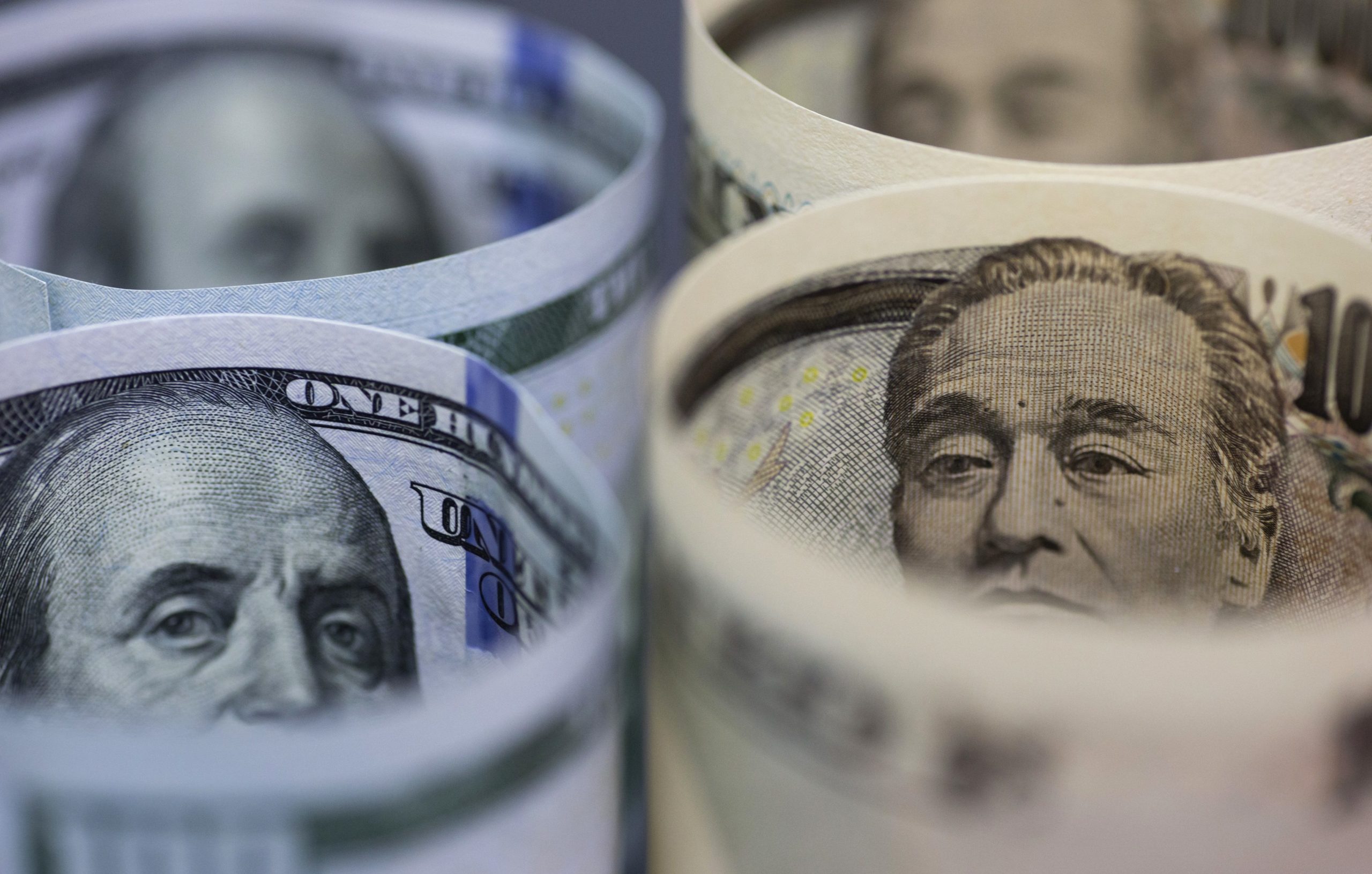- Dollar Shortage: Moody’s Says Nigeria’s Recovery May Take Time
Although foreign currency shortages in Nigeria and other sub-Saharan African countries are easing, it will take time for the sovereigns, banks and non-financial companies to restore their financial health, Moody’s Investors Service has said.
In a report released on Monday, Moody’s noted that dollar shortages stemming from lower oil and commodity prices had hit the finances of countries in the sub-region.
The report was titled, “Foreign-currency shortages are subsiding but will take time to overcome.”
In a statement on Monday, Moody’s Vice-President and co-author of the report, Lucie Villa, was quoted as saying, “Falling oil and commodity prices over the past two years have led to foreign currency shortages in numerous sub-Saharan African countries, with oil exporters hit particularly hard.”
“The stabilisation in oil and commodity prices over recent months will help to ease the pressure, but any recovery will depend on continued higher prices and could take some time.”
According to the VP, managing foreign currency shortages will remain a key policy challenge for sub-Saharan oil exporters.
In recent quarters, dollar rationing, currency devaluation and foreign currency borrowing by governments have stemmed the fall in external reserves in Angola and Nigeria.
According to the report, in the region’s banking sector, banks in Angola, Nigeria and the Democratic Republic of the Congo remain the most affected by foreign currency shortages due to their economies’ high reliance on dollars.
It said the region’s banks’ foreign currency deposits had been depleted and they had limited capacity to source new foreign funding.
“The resultant currency devaluations have also eroded banks’ loan quality, profitability and capital”, Moody’s Senior Vice-President and co-author of the report, Constantinos Kypreos, added.
According to a statement by Moody’s, pressures appear to be receding as their central banks continue to inject more dollars into the economy on the back of higher oil prices and related revenues.
Banks in South Africa are the least affected, reflecting the system’s limited dollarisation levels and low reliance on foreign funding.
The statement read in part “Although a gradual increase in commodity prices over recent months is supporting foreign currency liquidity and helping to ease currency shortages, it is too early to conclude that pressures on banks have reversed.
“This can only happen gradually as dollars flow back into the economies and exchange rates in ‘unofficial’ markets converge with official rates. Despite these challenges, banks in sub-Saharan Africa generally maintain high capital buffers and their profitability is robust.”
Non-financial companies operating in oil exporting countries such as Nigeria and Angola have been most affected by dollar scarcity and local currency weakness, according to the report.
Moody’s expects these challenges to continue in 2017 but alleviate in 2018.
“Dollar shortages make it difficult to pay suppliers of imported goods and equipment, meet dollar debt payments or to repatriate funds outside of the respective countries”
Moody’s Vice-President and co-author of the report, Dion Bate, was quoted as saying, “The associated local currency weakness increases the cost of servicing unhedged foreign currency debt obligations, reduces repatriated profits in foreign currency and lowers operating margins, as companies are not able to pass on high import costs to the consumer.”


 Forex3 weeks ago
Forex3 weeks ago


 Naira2 weeks ago
Naira2 weeks ago
 Billionaire Watch2 weeks ago
Billionaire Watch2 weeks ago






 Naira3 weeks ago
Naira3 weeks ago






 Naira2 weeks ago
Naira2 weeks ago


 Naira1 week ago
Naira1 week ago




 Naira4 weeks ago
Naira4 weeks ago






 Naira1 week ago
Naira1 week ago




















